New Delhi: Rajit Punhani, IAS, a senior officer from the 1991 Bihar cadre, has been appointed as the new Chief Executive Officer of the Food Safety and Standards Authority of India (FSSAI).
Punhani brings with him over three decades of administrative experience across the Centre, states and international platforms, with a proven record of leading reforms in public policy, finance, social security, taxation, health, energy and governance.
Until recently, Punhani served as Secretary, Ministry of Skill Development and Entrepreneurship, where he oversaw initiatives to align the skilling ecosystem with industry demands and global competitiveness.
Earlier, he played a pivotal role in launching a pension and insurance scheme for over 450 million unorganised sector workers, spearheaded the world’s largest maternal messaging service, and contributed substantially to the Committee on Indirect Taxes, which laid the foundation for India’s Goods and Services Tax (GST).
He has held C-suite and board-level positions in leading state-owned enterprises, including NTPC, Power Grid Corporation, Energy Efficiency Services Ltd, EPFO and State Cooperative Bank, besides serving as CEO of Sansad TV, where he led a successful digital transformation.
His administrative career spans diverse roles such as District Magistrate and Dy Development Commissioner in the aspirational districts of Bihar. He also served as the Principal Secretary in the Government of Bihar, Special Secretary in the Ministry of Home Affairs and even as India’s representative to the EU and ILO (2006–2010).
Food Safety in India
Punhani takes charge of the FSSAI at a critical juncture for India’s food safety ecosystem. India’s food retail sector was valued at $719 billion in 2023, of which 93 per cent is unorganised, driven by over 10 million street vendors, who employ 11 per cent of the urban workforce. These vendors are central to India’s nutrition, culture and livelihoods, but their informal nature poses regulatory challenges.
According to data, unsafe food costs India an estimated $15 billion annually, with over 100 million foodborne illnesses and 120,000 deaths.
The FSSAI, since its establishment in 2008, has taken several steps to improve this landscape. Initiatives such as FoSTaC (Food Safety Training and Certification) and the Clean Street Food Hub programme have trained thousands of vendors and clusters in hygiene and safe practices.
The “Eat Right India” movement has sought to foster consumer awareness while balancing regulation with inclusion. Yet, according to researchers, gaps persist in enforcement capacity, testing labs, vendor registration and digital monitoring, given the sheer scale of India’s informal food economy.
However, Punhani’s track record of implementing large-scale, inclusive reforms will be critical in strengthening the FSSAI’s regulatory capacity, expanding infrastructure for testing and compliance and innovating frameworks.
His appointment comes at a time when India is not only tackling foodborne risks but also expanding its food industry globally, with exports, urbanisation and changing consumer habits reshaping demand.
With his wide-ranging administrative experience and reformist approach, his leadership will be crucial in bridging policy, enforcement and innovation, ensuring India’s food economy grows in a way that is safe, sustainable and inclusive.







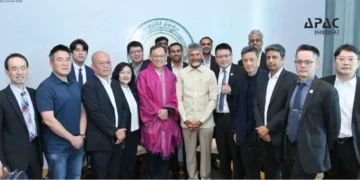



















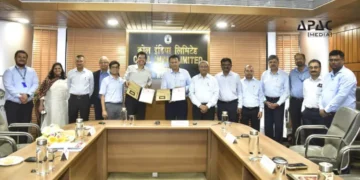
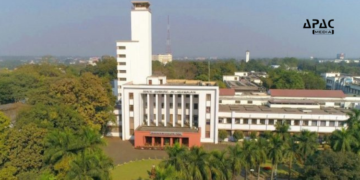



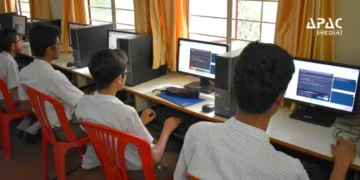

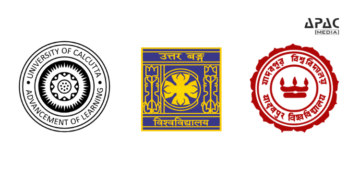




























Discussion about this post